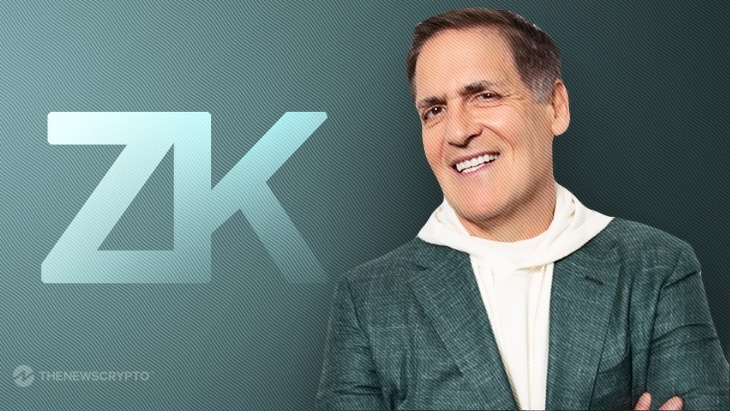- Mark Cuban proposes using blockchain to revolutionize real estate and urban development.
- Cuban aims to automate construction processes using smart contracts on a ZK blockchain, issuing NFT rewards tied to stablecoins for completed housing units.
Tech mogul Mark Cuban is making waves in the real estate sector with his bold vision for integrating blockchain technology into large-scale urban development projects. Building on entrepreneur Jason Calacanis’ city proposal, Cuban is supporting the use of blockchain to revolutionize real estate development.
On November 27, venture capitalist Jason Calacanis pictures building 10 new, well-planned U.S. cities with a million housing units each. Mark Cuban responded by revealing his purchase of the town of Mustang in Texas.
Also, Cuban’s innovative proposal centers around employing blockchain’s capabilities to automate and secure real estate transactions and project management. He envisions the creation of a smart contract on a zero-knowledge layer-2 blockchain platform, designed to streamline the issuance of construction permits.
So you are saying you will have written a smart contract on a ZK L2 which will check for a construction permit being issued , which in turn will create and send me an NFT that unlocks and delivers 250k in USDC when the oracle checks property and utility records and…
— Mark Cuban (@mcuban) November 26, 2023
Further, Cuban says, this smart contract would trigger the generation and transfer of a NFT when construction permits are verified. The NFT, tied to a popular stablecoin (USDC), would release $250,000 upon an oracle confirming the completion of a housing unit. Notably, the smart contract would adapt dynamically, creating new NFTs for each additional housing unit built as construction progresses.
To enhance security and mutual protection for transaction participants, Cuban suggests implementing a multi-signature wallet. Moreover, this ensures a collaborative and secure environment for both parties involved in these blockchain-driven real estate transactions.
Polygon founder Sandeep Nailwal weighed in on Cuban’s proposal, cheering the focus on zero-knowledge (ZK) technology. However, Cuban’s approach aligns with his previous endorsements of the crypto revolution, where he highlighted shortcomings in traditional banking systems.


